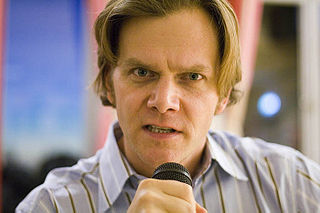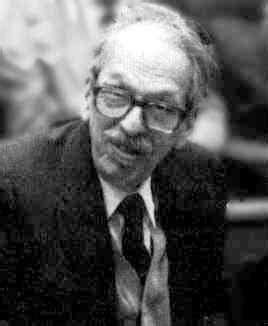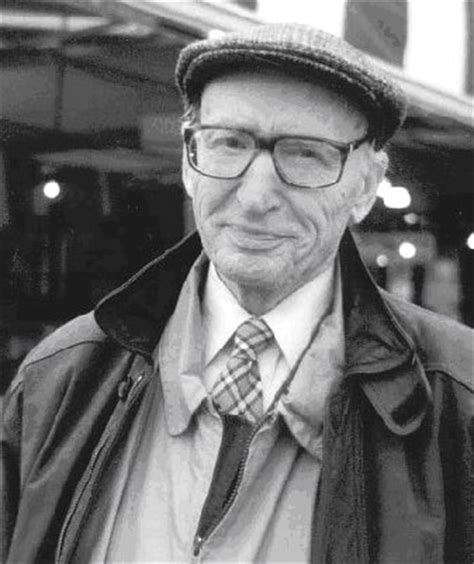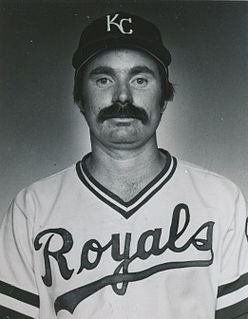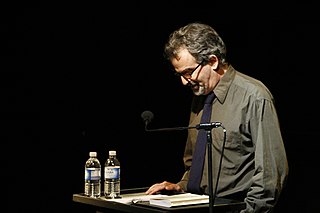A Quote by Sarah Kay
When words become a poem, it makes sense to me, but I don't know how to explain to someone why the words are the way they are. It's just the logic of the poem to me.
Related Quotes
If you've ever been to a poetry slam, you know that the highest scoring emotion is self-righteous indignation: how dare you judge me. So in that way, the poem, 'What Teachers Make,' is an absolutely formulaic slam poem designed to allow me to get up on my soap box and say, 'Let me tell you what really makes me angry.'
In a poem, the words happen; they just come. I let them. Otherwise, I wouldn't write. To interfere with what is happening is to distort the poem. Just a very small degree of intelligence and supervision is necessary. Very tactful. Any revision later that violates the text as it came, that begins rewriting the words, is fake.
The subject of the poem usually dictates the rhythm or the rhyme and its form. Sometimes, when you finish the poem and you think the poem is finished, the poem says, "You're not finished with me yet," and you have to go back and revise, and you may have another poem altogether. It has its own life to live.
Whenever I read a poem that moves me, I know I'm not alone in the world. I feel a connection to the person who wrote it, knowing that he or she has gone through something similar to what I've experienced, or felt something like what I have felt. And their poem gives me hope and courage, because I know that they survived, that their life force was strong enough to turn experience into words and shape it into meaning and then bring it toward me to share.
A successful poem says what a poet wants to say, and more, with particular finality. The remarks he makes about his poems are incidental when the poem is good, or embarrassing or absurd when it is bad and he is not permitted to say how the good poem is good, and may never know how the bad poem is bad. It is better to write about other people's poetry.




